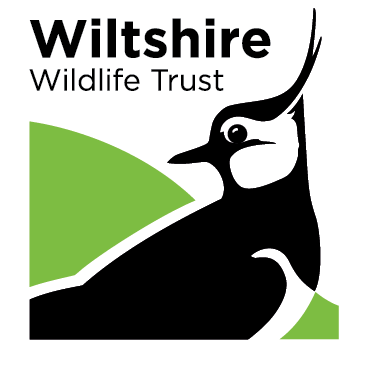On 13 September, the House of Lords has the opportunity to block the Government’s extraordinary decision to weaken vital legal protection for our rivers. It is vital to Wiltshire’s precious chalk streams – much loved by families for wild swimming and a lifeline for threatened wildlife - that they succeed.
Wiltshire is home to a globally important chalk stream, the Salisbury Avon, and its tributaries: the Wylye, Nadder, Bourne and Ebble. These sparkling chalk streams are a lifeline for threatened wildlife like water voles and brown trout. It is no accident that David Attenborough chose to introduce the Wild Isles freshwater episode from a boat on the River Wylye.
Now our Wiltshire chalk streams are under threat from the Government’s announcement that it will be scrapping the ‘Nutrient Neutrality’ law, following lobbying by housebuilders. The Government’s own watchdog, the Office for Environmental Protection, has written to the Secretary of State to make clear that scrapping Nutrient Neutrality law would break repeated Government promises not to weaken environmental legal protections after Brexit.


